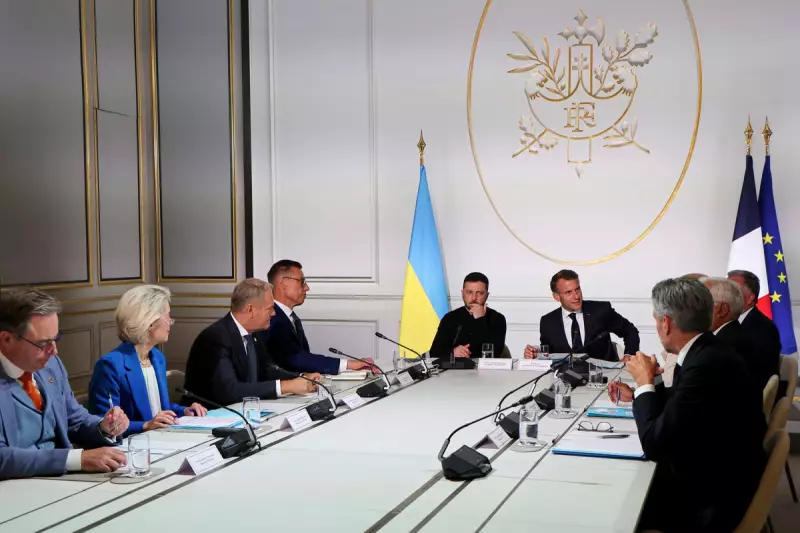
In a stark and sobering assessment, Finland's defence chief has declared Russia an existential threat to Europe, calling for a fundamental shift in how the continent defends itself. General Janne Jaakkola's comments mark a significant hardening of rhetoric from a nation that shares a 1,340-km border with Russia and only recently joined NATO.
The top commander stated that the West's previous strategy of deterrence by punishment has failed in the wake of the full-scale invasion of Ukraine. He now advocates for a new doctrine of deterrence by denial, which would involve permanently stationing NATO troops in frontline states like Finland to make any potential Russian offensive operation impossible from the outset.
A New Frontline State's Perspective
General Jaakkola's warning carries immense weight, given Finland's historical experience and geopolitical position. Having fought two wars against the Soviet Union, Finland's membership in NATO has radically altered the security landscape of Northern Europe, doubling the alliance's border with Russia.
The general emphasised that the conflict in Ukraine is not a distant event but a direct threat to European stability. "The war in Ukraine has shown that the Russian leadership is willing to take massive risks and accept a high level of losses in manpower and equipment," he noted, underscoring the unpredictable nature of the current Kremlin regime.
The Call for a Permanent NATO Presence
The most significant takeaway from the general's address was the urgent call for a permanent, substantial NATO force presence on its soil. This represents a clear break from the previous rotational model and signals a long-term commitment to collective defence.
This stance is strongly supported by neighbouring Estonia. Estonian Prime Minister Kaja Kallas echoed the sentiment, stating that only a permanent allied division can provide credible deterrence. "The new security situation requires a change of mindset," she said, aligning perfectly with Finland's new defence posture.
The warnings from Helsinki and Tallinn highlight a continent grappling with a renewed and aggressive Russia, signalling that the era of post-Cold War peace dividends is unequivocally over.






